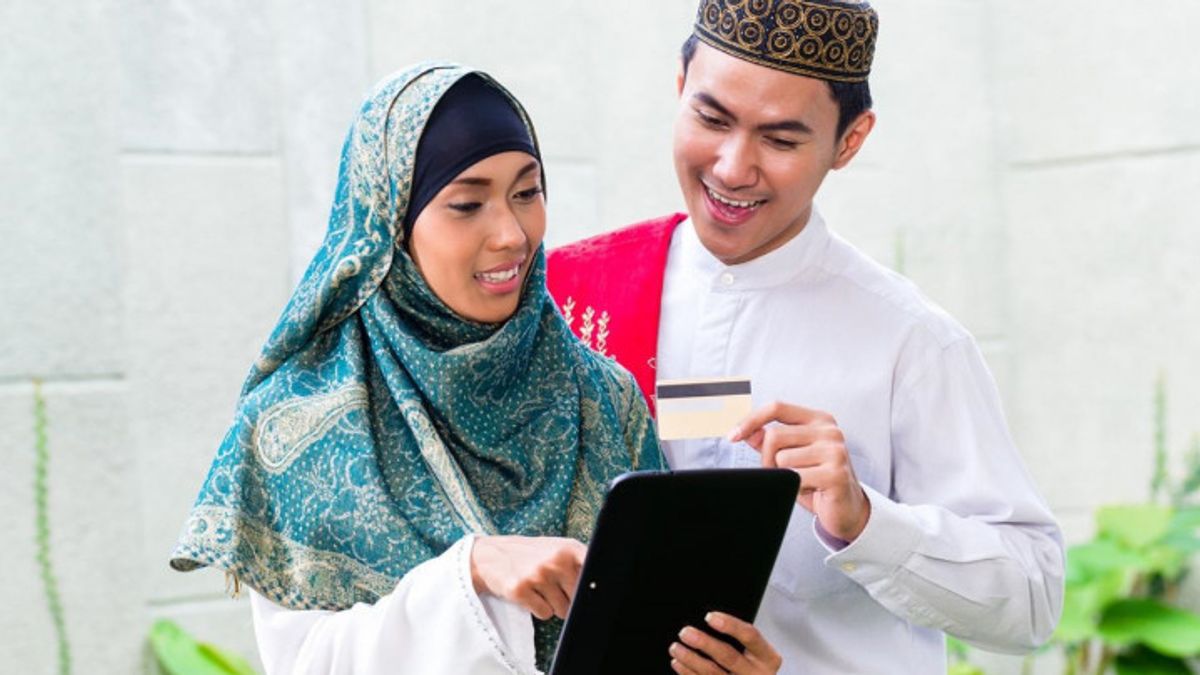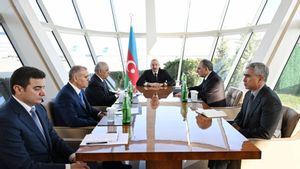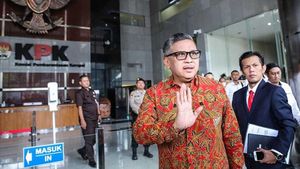JAKARTA - The Financial Services Authority (OJK) said the sharia industry has the potential to grow on a large scale. However, the authorities found five main challenges that must be resolved immediately in order to encourage the industry that is in accordance with Islamic principles to increase immediately.
"The first is how we can increase our market share," said Chairman of the OJK Board of Commissioners Wimboh Santoso in a webinar on Tuesday, January 19.
In his notes, the proportion of total Islamic financial assets is only around 9.9 percent. Meanwhile, the other 90.1 percent are controlled by conventional financial institutions.
The second is related to low financial literacy. Wimboh said the Islamic literacy and inclusion index was only around 8.9 percent and 9.1 percent. Meanwhile, national financial literacy and inclusion amounted to 28 percent and 76 percent.
"The third obstacle is the limited differentiation of sharia business or products," he said.
Then, another challenge for the sharia economy is the inadequate adoption of technology and the inadequate fulfillment of human resources (HR).
On this occasion, Wimboh also explained that the Islamic financial industry continues to experience relatively stable growth, both in the Islamic banking sector, the Islamic non-bank financial industry (IKNB), and the Islamic capital market despite the pandemic situation.
For example, throughout 2020 bank credit growth is known to have contracted to minus 2.41 percent. This figure is very different from the performance of Islamic banking financing which is still growing by 9.5 percent.
Meanwhile, the four state-owned banks that are members of the State Bank Association (Himbara) were only able to slightly increase by 0.6 percent.
"The Islamic financial industry is expected to play an optimal role in supporting national economic growth. We will achieve this by integrating the financial services sector in the development of the halal industry and the Islamic economic ecosystem, "concluded Wimboh Santoso.
The English, Chinese, Japanese, Arabic, and French versions are automatically generated by the AI. So there may still be inaccuracies in translating, please always see Indonesian as our main language. (system supported by DigitalSiber.id)













